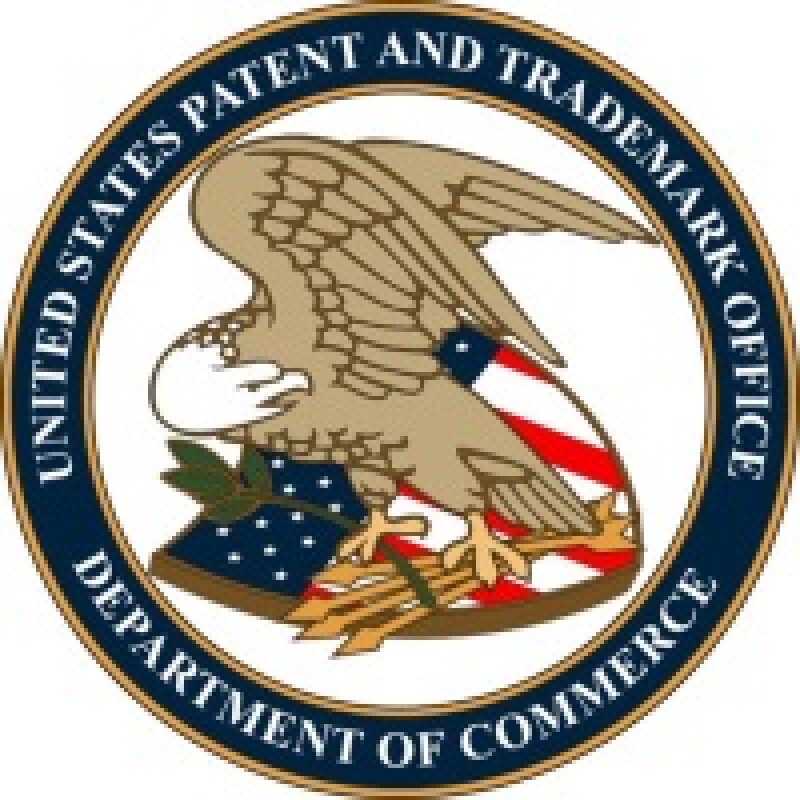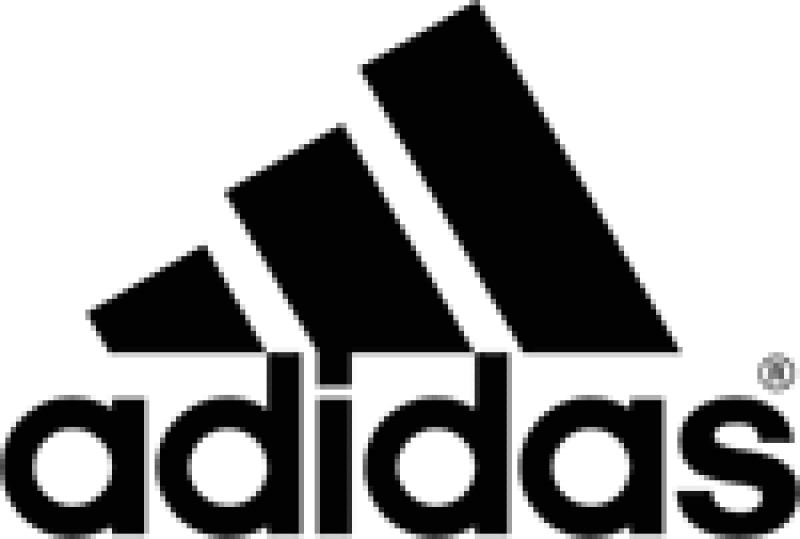Also on the blog this week:
Celebrating World IP Day
Guest post: The economic impact of the global trade in counterfeit goods
And in our news and analysis:
Another way to look at software protection
Apple to pay $25m to settle patent litigation with Marathon subsidiary
Trade secrets bill clears US House Judiciary Committee
Analysing PTAB first-quarter petitions – filing falls to a two-year low
Data: PTAB filing drops in March
Interview: Om Prakash Gupta on India’s trade mark troubles
USPTO files Slants petition
The USPTO has filed a petition for writ of certiorari for Supreme Court review of In re Tam. The USPTO wants the high court to deem the disparagement provision of the Lanham Act unconstitutional as a violation of the First Amendment.

The Federal Circuit in December last year ruled that the disparagement provision in section 2(a) of the Lanham Act is unconstitutional, and reversed and vacated the Trademark Trial and Appeal Board’s holding that “The Slants” is an unregistrable mark. The en banc court was split, however, with a total of five opinions submitted.
The USPTO’s petition presents the question: “Whether the disparagement provision in 15 USC 1052(a) is facially invalid under the Free Speech Clause of the First Amendment.”
Law firm Dorsey & Whitney reported that the USPTO’s petition argues: “[Section 2(a)] does not prohibit any speech, proscribe any conduct or restrict the use of any trademark. Nor does it restrict a mark owner’s common-law trademark protections…Rather, [Section 2(a)] directs the PTO not to provide the benefits of federal registration to disparaging marks.”
The petition also argues that the Federal Circuit’s decision would cause a big shift in settled practice at the USPTO: “The question presented is important. The statutory provision at issue here has guided the PTO’s decisions for 70 years. Absent this Court’s review, the Federal Circuit’s ruling will effectively resolve the validity of Section 1052(a)’s disparagement provision nationwide because any applicant for trademark registration may obtain judicial review of an adverse decision of the PTO in that court. The petition for a writ of certiorari should be granted.”
SCOTUS denies Authors Guild and others
The USPTO will be hoping it has better luck than petitioners in IP cases that were denied by the Supreme Court following its April 15 conference.

The most-watched case to be denied was the attempt to revive a challenge from authors to Google’s digital library of book, as reported by The New York Times. The latest development in the case before this was the Second Circuit ruling that Google Books' scanning and indexing of books is a transformative use that renders a public benefit, leading to a finding of fair use. This was one of the milestone cases in our North America Awards held in March his year.
Following the Supreme Court’s denial, Authors Guild president Roxana Robinson said in a statement: “Today authors suffered a colossal loss. We filed the class action lawsuit against Google in September 2005 because, as we stated then, ‘Google’s taking was a plain and brazen violation of copyright law.’ We believed then and we believe now that authors should be compensated when their work is copied for commercial purposes.”
The Supreme Court also denied a number of patent cases last week, as reported by the Patently-O blog. These were Vermont v MPHJ; Limelight v Akamai; Hemopet v Hill’s Pet Nutrition; and Tas v Beachy. This followed the Supreme Court denying cert in Retirement Capital v US Bancorp in its April 1 conference.
The Supreme Court today hears arguments in the keenly-watched Cuozzo v Lee case, which will debate the Patent Trial and Appeal Board’s claim construction standard.
A Prince among copyright thieves
The death of Prince last Thursday was a massive loss to the music world. But, as the Wall Street Journal reported, he was also known as a fierce defender of copyright.
Just last year, a federal appeals court in California ruled against Universal Music and Prince in the long-running “Dancing Baby” case. The court ruled in the case involving a 29-second home video of a baby dancing to “Let’s Go Crazy” that copyright holders must consider fair use before sending a takedown notice.
In 2014, Prince filed a lawsuit against 22 website owners, accusing them of sharing bootlegs of his concerts. The pop star demanded $1 million each, adding up to a total of $22 million. However, the suit was quickly dropped when the website owners took down the offending videos.
Prince was also issued the first takedown notices for videos on the Vine platform, which limits videos to six seconds. This inspired the Electronic Frontier Foundation to grant Prince the Raspberry Beret Lifetime Agreement Award for “extraordinary abuses of the takedown process in the name of silencing speech”.
The EFF also highlighted Prince’s demands for taking down fan videos of his cover of Radiohead’s Creep at the Coachella Music Festival.
Prince was also active in battling against Pirate Bay. In addition, in the 1990s he sued a Chicago bike messenger who made a guitar in the shape of the symbol adopted as his name for a period.
In an interview with The Guardian in 2011, Prince compared to piracy as “carjacking”. “The industry changed,” he said. “We made money [online] before piracy was real crazy. Nobody’s making money now except phone companies, Apple and Google. I’m supposed to go to the White House to talk about copyright protection. It’s like the gold rush out there. Or a carjacking. There’s no boundaries.”
Adidas sues Ecco

Footwear maker Adidas has sued rival Ecco alleging infringement of its three-stripe trade mark, reports The Fashion Law.
The suit was filed in federal court in Portland, Oregan, and claims the Danish footwear marker "intentionally adopted and used counterfeit and/or confusingly similar imitations of the Three-Stripe Mark knowing that they would mislead and deceive consumers into believing that the [sneakers] were produced, authorized, or licensed by adidas, or that they originated from adidas.”
Amend not abolish 101

Manny Schecter, chief patent counsel at IBM has some suggestions for what to do about Alice, as outlined on the IPWatchdog blog.
Responding to David Kappos’s recent call for Seciton 101 to be abolished, Schecter said: “We could just amend it to fix this problem, I don’t think we necessarily have to abolish it.”
He continued: “We are at the point where I think we need legislation. This is a golden goose industry… don’t let the courts mess it up.”









